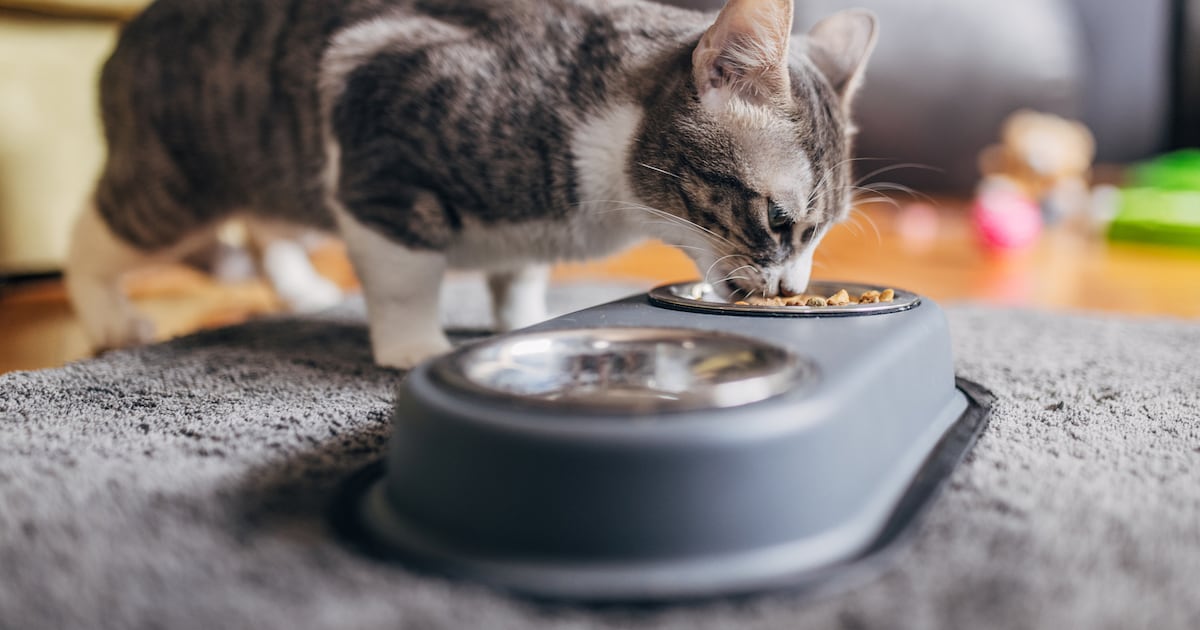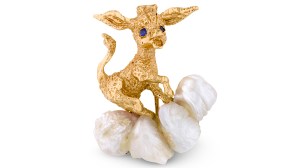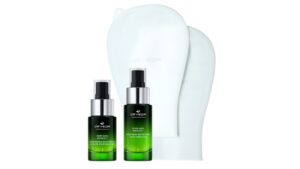A recent study conducted by ADM in collaboration with China Agricultural University suggests that postbiotics may play a significant role in improving intestinal health in cats.
The 28-day clinical trial, involving 24 adult cats, examined the effects of supplementing their diet with heat-treated Bifidobacterium longum CECT 7347 (marketed as PRIOME Gut Health) and Fibersol-2, a soluble dietary fiber.
The study showed that supplementing heat-treated Bifidobacterium longum CECT 7347 with Fibersol-2 significantly improved intestinal health both before and after a diet change, claimed the researchers.
Notably, cats that received the supplement showed marked improvements in serum lipopolysaccharide (LPS) levels, an indicator of intestinal permeability. This suggests a strengthened intestinal barrier, a key factor in maintaining gut integrity, said the company.
Furthermore, following the dietary change, supplemented cats exhibited increased levels of secretory immunoglobulin A (sIgA), an essential component of mucosal immunity, reads the paper.
Microbiome analysis also revealed a higher abundance of Blautia, a bacterial genus associated with gut health, as well as increased microbial beta diversity – both indicators of a more resilient and balanced gut microbiome, according to the authors.
Abrupt dietary changes in cats can cause inflammation and disrupt gut microbiota, especially with high-protein diets. Gradual transitions over seven days help reduce gastrointestinal issues, though feline diarrhea remains common due to owner noncompliance and individual variability, explained the researchers.
Probiotics have been widely studied for gut health and metabolic conditions but vary in effectiveness by strain, they said. There is growing interest in postbiotics, such as heat-treated Bifidobacterium longum.
According to Peter Jüsten, global vice president of research and development, health and wellness at ADM, the study illustrates the advantages of postbiotics in feline health.
Postbiotics, unlike probiotics, do not require live microorganisms to confer health benefits.
“Postbiotics maintain functionality through a well-defined manufacturing process, making them an excellent, stable option for providing feline health benefits by incorporating them into finished formats that cats find palatable,” he told us.
FeedNavigator’s Pet Food Summit to feature microbiome research insights
Meet our speakers for the microbiome session of FeedNavigator’s Pet Food Summit on March 26, 2025
Fireside chat:
Bill Bookout, President & Board Chair, National Animal Supplement Council (NASC), USA
Keynote Presentation:
Jan Suchodolski, Professor, Purina PetCare Endowed Chair for Microbiome Research, GI Lab, Texas A&M University, USA
Presentation: The Gut-Brain Axis
Dr Ragen Trudelle-Schwarz McGowan, Director of Digital Product Development, Nestlé Purina R&D
Panel Discussion:
Dr Greg Amos, Research Manager – Microbiome, Mars Petcare UK
Dr Emma Bermingham, Consultant, EmBer Consultancy NZ
Dr Brett Loman, Assistant Professor, Gut-Microbiota Communication Lab, University of Illinois at Urbana-Champaign, USA
The Pet Food Digital Summit 2025 offers an opportunity to engage with top-tier experts and gain invaluable insights into the future of pet nutrition.
Registration is free – secure your spot today.
Implications for cat nutrition
One of the more notable findings was the impact on fecal pH. While both control and test groups experienced an increase in fecal pH post-diet change, the supplemented group maintained a significantly lower pH. The researchers suggest this may be linked to the higher levels of Blautia, which produce organic acids such as lactic acid, helping to regulate gut pH and maintain a stable digestive environment.
The study followed established guidelines for assessing gut health effects in cats. A four-week duration is considered standard for evaluating the efficacy of feed additives, aligning with European Food Safety Authority (EFSA) recommendations, noted Jüsten.
The research found no significant differences in response between male and female cats, and the supplement was well-tolerated with no adverse events recorded, he said.
Both Bifidobacterium longum CECT 7347 and Fibersol-2 are recognized as safe ingredients by regulatory bodies, including the American Association of Feed Control Officials (AAFCO) and EFSA, reported Jüsten.
Ingredient stability
The research highlights the potential for incorporating PRIOME Gut Health and Fibersol-2 into a wide range of pet food formulations, including dry kibble and wet food, he claimed. Given that cats are known for their selective eating behaviors, the stability and palatability of these ingredients offer promising opportunities for the pet food industry, said Jüsten.
Credit: feednavigator.com










